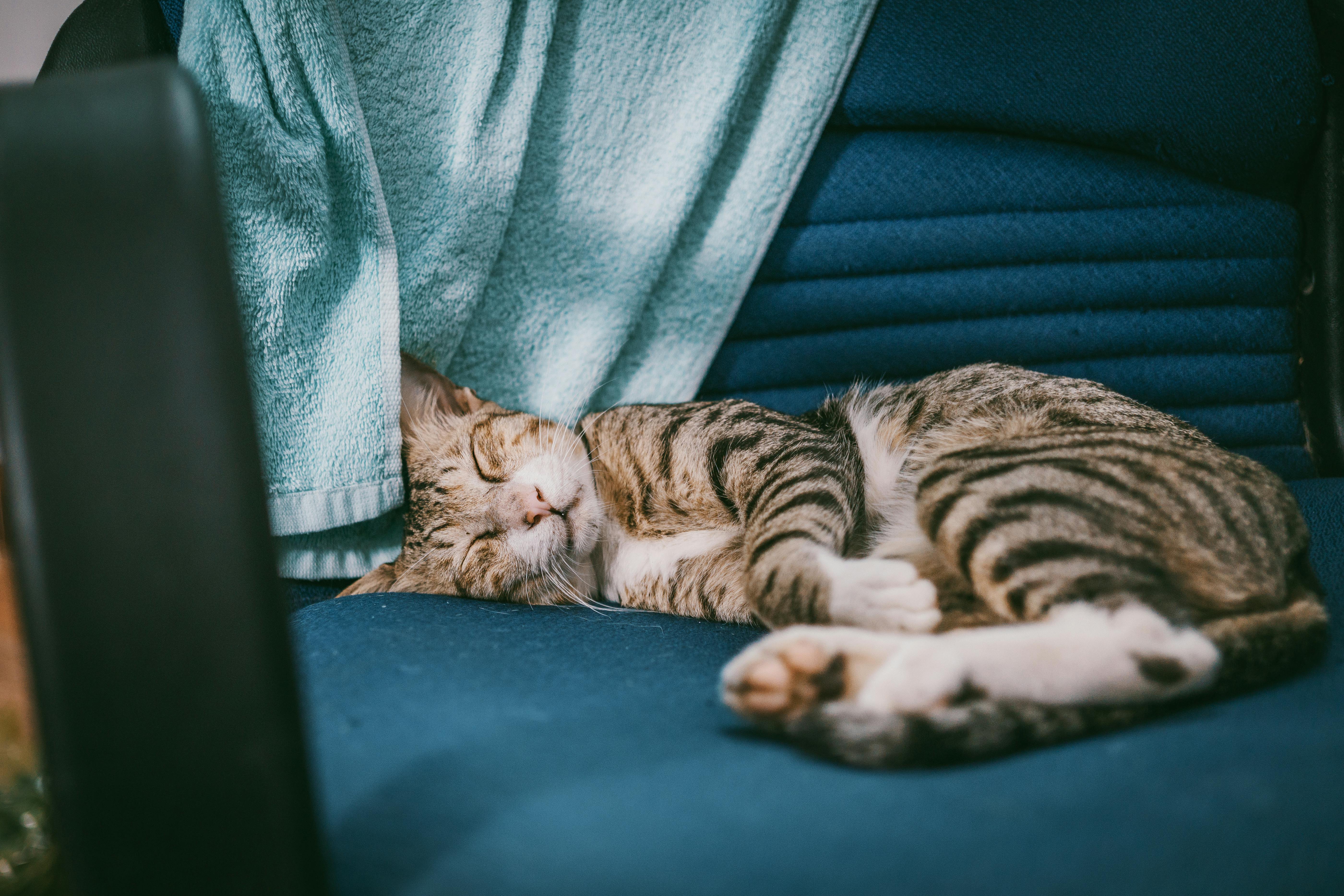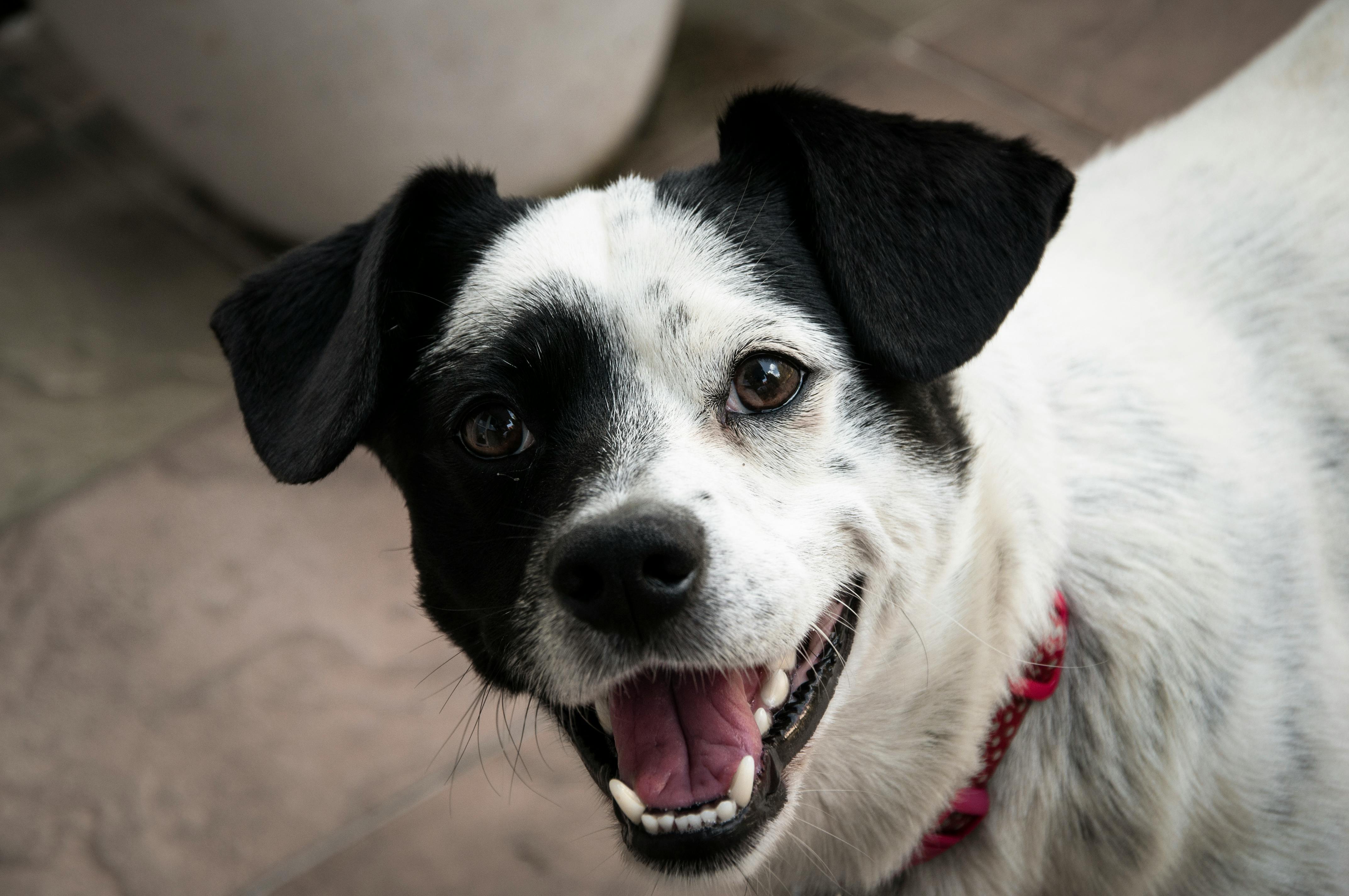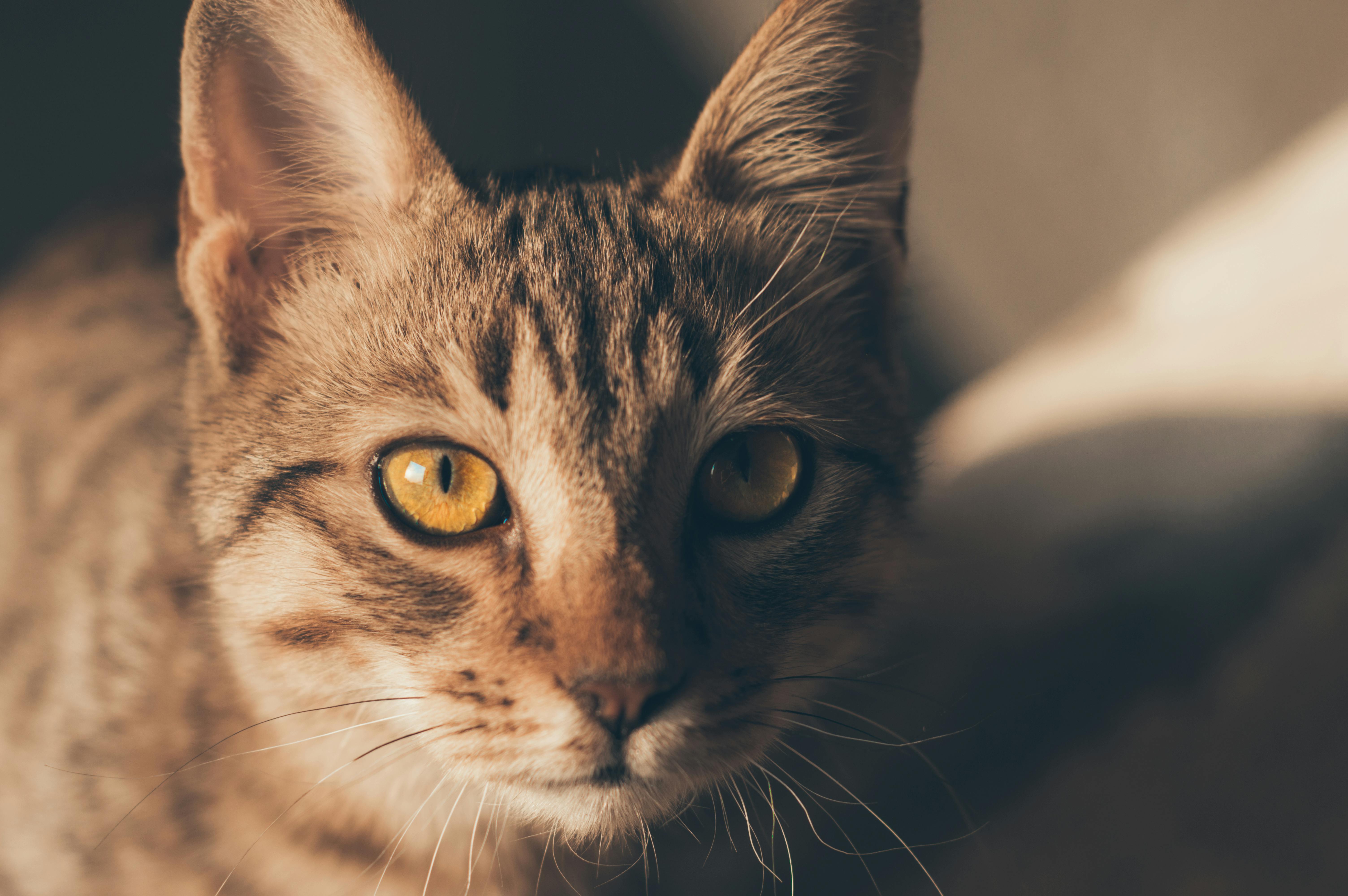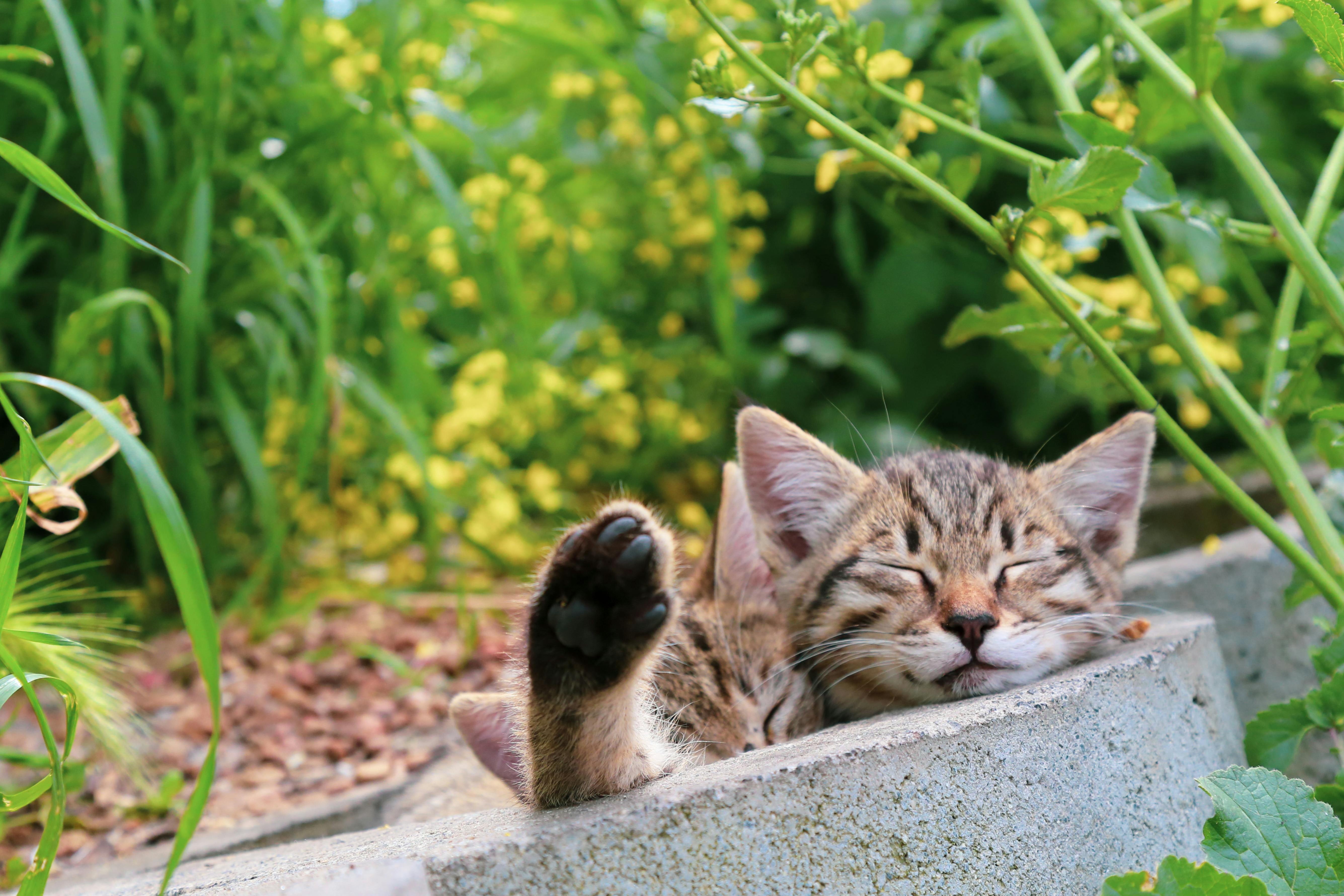Irene Watson, editorial editor for Reader Views, is pleased to have Valerie Hart, author of “The Bounty of Central Florida,” as a guest.
Hi Valerie, thank you for taking the time to participate in this interview.
Irene: Valerie, why do you feel that “The Bounty of Central Florida” was an important book for you? What goals did you have?
Valerie: Regional cookbooks have flooded the market. Southwestern, Northwestern, Cuban, Caribbean, Cajun, and combinations of these, including the American innovation called Fusion that incorporates Asian with any of the other featured regions, and creative new chefs that are incorporating the areas’ fresh ingredients.
When we moved from Miami to Central Florida 15 years ago, cooking changed dramatically. Aside from local Italian restaurants that featured strong tomato-based Sicilian cuisine and a bit of Mexican for the migrant workers in this citrus-growing area, mom-dad restaurants north of Orlando served up unique cuisine of their own. This drew on its South American roots with a rustic twist of fish and game accessible simply grilled or fried and accompanied by fruits and vegetables freshly plucked from the trees and the ground.
All spring-fed lakes produce largemouth bass. The larger lakes are inundated with alligators and tilapia. The brackish St. John River is rich in blue crab and shrimp, and its tributaries teem with redfish, bass, and snook. Wood ducks seem to exist solely for the pleasure of the pan, and just south of Osceola County, wild turkeys and deer breed in abundance for the happy hunters. And, as in the rest of the South, barbecue reigns supreme with Central Florida’s interpretations of sweet, hot and mustard-based sauces slathered over gigantic slow-smoked spare ribs.
My goal, as food writer for The Daily Commercial, was to make people aware of the bounty of the area.
Irene: What challenges did you have while writing this book and how did you overcome them?
Valerie: The challenges were delicious. My many trips up the St. John River with the ancient navigators brought me in direct contact with the people who live and earn their livelihoods from the creeks of the intercoastal waterways. My membership and association with the NWTF (National Wild Turkey Federation) not only taught me how to fry a whole turkey, but instilled in me a respect for this dedicated group of conservationists who teach women how to survive in the wild as responsible control. of weapons for children.
The most difficult challenge, however, was writing the book while facing a Monday deadline to write Thursday’s newspaper column and teach cooking at the homeless shelter. There just wasn’t time to do it all, and I was spending more and more hours creating recipes late.
at night and opening my computer to record them before the sun came up.
Irene: Are the recipes of your own creation? Have any of them been passed down from father to son?
Valerie: The recipes are my own, derived from my sense of taste and smell and the desire to create. My education background in France (later Cordon Bleu courses after I started teaching cooking in Miami), and our 30-year business in Italy, where we had an apartment in Florence and traveled extensively in Northern Italy, they contacted. with a crowd
of country chefs and “nonnas” (Italian grandmothers) in home kitchens who shared “secrets” passed down through the generations.
Irene: How did you get to the kitchen? Did you cook as a child? Where did you learn to cook? Do you have any funny stories while learning to cook that you can relate to?
Valerie: I would love to say that I learned to cook from my mother and grandmother, but fortunately this is not true. My mother and grandmother had absolutely no talent in the kitchen, probably because they always cooked to do it for themselves. The only foods my mother knew how to cook were roast beef, turkey, and roast lamb chops. Those were the days when all the fat was left in the overalls in a scab. We didn’t just eat the top fat on the meat and between the bones on the chops; we enjoy it. And the trick was to eat the turkey and beef before the sauce poured over them congealed into a hard white mass.
We had a German cook for many years. My parents traveled a lot, leaving me in his care. The kitchen was a sultry wonderland of chocolate and custard and veal that he delicately dipped in beaten eggs and then homemade breadcrumbs before frying into a golden delicacy he called Wiener Schnitzel and served with hashbrowns and buttered noodles. . Elizabeth never used an electric mixer, but she whipped butter, sugar, and egg whites by hand to make her 6-layer German Doboschtorte, Rich Chocolate Viennese Pancake, and Hungarian Caramel Cake. She was my first culinary mentor and her recipes appear in my first cookbook, The New
Traditional cookbook.
Irene: I notice in your bio that you aspired to be an opera singer, but ended up in a career as a food writer and then a career in cooking. Are there times when you would like to turn back the pages and pursue a singing career?
Valerie: Sometimes, even though my life would have been very different. I will always remember studying with the great André Bogé on the stage of the Grand Opera in Paris. He obviously didn’t have enough ambition, or perhaps I realized he didn’t have the voice for greatness.
Irene: Do you have a favorite recipe from this book? Why?
Valerie: Guests and family who dine with us often ask me to make the Key Lime Cheesecake or Individual Flourless Chocolate Soufflés for dessert. My duckling is a children’s favorite and I will offer 2-3 sauce variations for your pleasure. I love butternut squash soup and
Refreshing strawberry salad. I make dozens of Mushroom Roll hors d’oeuvres and Profiteroles desserts to freeze for unexpected company and because our lime trees are so prolific, you’ll always find a frozen key lime pie.
Irene: This is a second cookbook for you. The first was The New Tradition Cookbook, which was published in 1988. What did she learn after writing the first that she changed into her second book, The Bounty of Central Florida?
Valerie: My first cookbook was written as a result of my years as a food writer for the newspaper in Miami Beach and the lunch restaurant I owned for 15 years in my husband’s wholesale furniture showroom, Imports for the Trade. The restaurant was my test kitchen. We did not sell the food but offered it to the designers and their clients as they would in their own home. The daily changing buffet became so popular that people lined up around the block. We served over 100 people every day in the restaurant that we built inside the showroom out of bricks from the old Chicago Union Station that had been demolished.
Although most of the format of the first book was based on American cuisine and my interpretation of French and Italian cooking, the wonderful ethnicity of Miami Beach allowed me to discover recipes for matzah balls, gefülte fish, stuffed cabbage, beef brisket, and potato pancakes. that I featured in the newspaper during the Jewish holidays. I would go down to what has become the “hip” area now known as “SoBe” which, in the late 1960s and 1970s, was still populated solely by elderly Jews. I would approach the ladies who were shopping. Each had a different recipe for the same dish, and each thought theirs was the best. Then I would go home and experiment and test and test again until the combination of ingredients was to my liking. Then I would write my food column.
The common denominator of the two books is my belief that people like to read about fine cuisine but want to cook and eat basic foods.
Irene: What do you hope will come out of this cookbook experience for you? Are you planning to write another?
Valerie: I don’t know if I’ll ever write another cookbook, but I have so many recipes that don’t appear in the first two that I’m tempted. Anyone who cooks knows that there is always a new and different preparation method to please the palate. There is never a last chapter to cook.
irene: thanks valeria Is there anything else you would like to add about your cookbook or your experience?
Valerie: I want to thank you for giving me the opportunity to express myself. This is the first time I have been asked these questions and the interview has been very pleasant.




